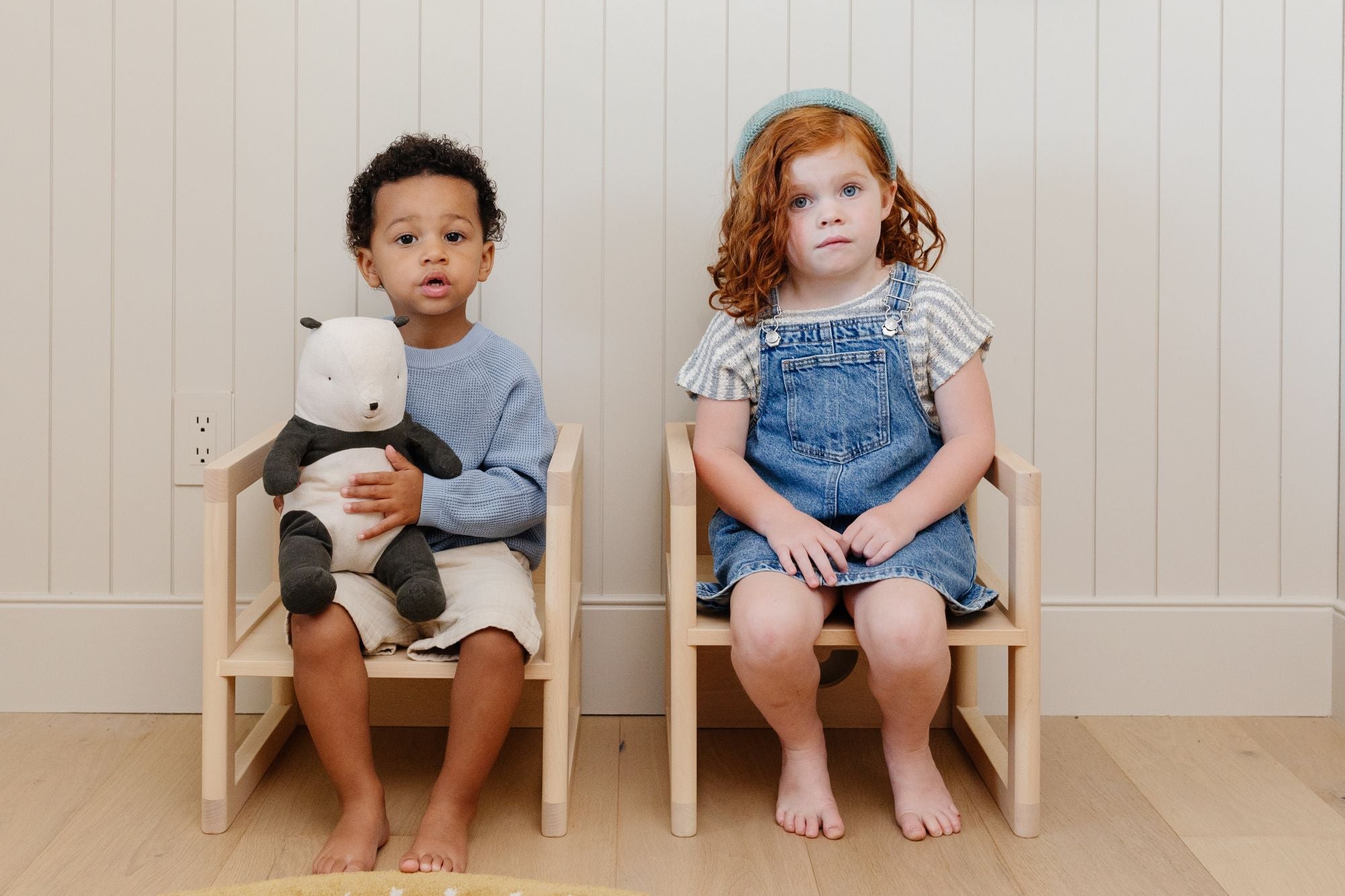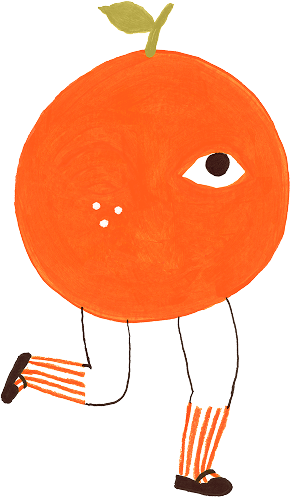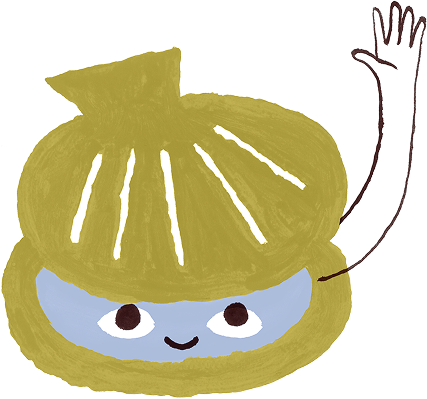"I did it!" my student said with a satisfied grin after reading a word for the first time. Triumphs like this are an everyday occurrence for little ones. I could've responded with "Good job!" Instead, I smiled and replied, "Yes, you did it!"
These little victories give teachers and parents the chance to respond in a way that fosters a growth mindset in children, and "good job!" doesn't fit the bill. As a Montessori teacher, I learned to pay attention to how I interacted with kids, especially in moments when they were seeking praise and validation.
In Montessori classrooms, teachers use descriptive praise to help children build a healthy mindset and intrinsic motivation. As a mom, I also use this style of praise with my children to help foster a growth mindset. Today's experts agree with the Montessori approach, as it helps children build a positive attitude about learning.
What is a Mindset?
In simple terms, a mindset is the story we tell ourselves. It's a set of attitudes reinforced by our inner voice. Many different types of mindsets exist that significantly define our behavior.
For example, Berkley Well-Being Institute reports that some people have a positive or optimistic mindset. Someone with this attitude can see the bright side in any situation.
Similarly, you can have a growth or fixed mindset. Psychologist and Stanford University professor Carol Dweck's research and writing popularized these terms. In her 2006 book, Mindset: The New Psychology of Success, Dweck explains these two attitudes.
Dweck first discovered these attitudes when studying children who were offered a series of increasingly difficult puzzles. She was surprised to see that some students relished the chance to try a challenging puzzle. Where she expected to observe them cope with failure, instead, they were excited about developing their puzzle skills. The idea of a growth mindset was born.
Fixed vs. Growth Mindsets
In short, the fixed and growth mindset is a spectrum. People with a fixed mindset believe their traits, such as intelligence or talent in sports, are fixed or unchangeable. On the other end, people with a growth mindset believe they can change their traits through hard work and practice.
In her own words, Dweck says:
"In a fixed mindset, students believe their basic abilities, their intelligence, their talents, are just fixed traits...their goal becomes to look smart all the time and never look dumb.
In a growth mindset, students understand that their talents and abilities can be developed...They don’t necessarily think...anyone can be Einstein, but they believe everyone can get smarter if they work at it."
Here are some examples of mindsets you might see in children.
Growth Mindset Examples
- If I practice reading, I'll get better at it.
- Failures offer an opportunity to learn and try new strategies. Success comes from hard work and practice.
- I did poorly on a math test. If I ask the teacher for help and work hard, I can do better on the next math test.
Fixed Mindset Examples
- I'm not a good reader.
- If I fail at something, I might as well give up because I'm bad at it. If I succeed, it's because I'm naturally good at it.
- Some people are good at math, and others are bad at math. Nothing I can do will change that.

How to Teach a Growth Mindset
Fortunately, both children and adults can change their attitudes. The right attitude helps people embrace challenges and learn from them. Learning this from a young age can make a difference. Researchers have found that a growth mindset helps boost student motivation and performance.
As a parent, you can help develop a growth mindset in your kids simply by talking to them. Montessori teachers have long used descriptive praise to do this.
3 Phrases Montessori Teachers Avoid
- "Good job!"
- "You're so smart!"
-
"You were so good today!"
Montessori teachers avoid using phrases that qualify children or their work as "good" or "bad." Why? Because when we use this type of language, we foster all-or-nothing thinking.
The Trouble with "Good Job" and Similar Qualitative Praise
For children, praise such as "good job" can feel arbitrary and confusing. The praise is non-specific, but is also a judgment of their work, character, or behavior. Praise such as "You were good today" doesn't help the child identify what they did to earn that praise. Plus, when a caregiver doesn't dole out a "good job," the child may wonder, "Did I do a bad job?"
When children hear this language often, they tend to look to adults for validation and motivation. Instead of evaluating their behavior and feelings internally, they need to hear "Good job" or receive a star sticker. In other words, children develop a need for extrinsic motivation.
This type of language also reinforces the idea that abilities are fixed. For example, saying "good girl!" or "You're so smart!" judges the child as a whole, suggesting that they are innately good or smart. This would be fine, except that when something goes wrong, children often believe the opposite. For example, if a young child has a tantrum or makes a mistake, they might think they are no longer "good" and are now "bad" or "stupid."
3 Phrases Montessori Teachers Use to Develop a Growth Mindset in Kids
- "You did it!"
- "Now, the space is clean again!"
-
"You worked hard!"
The phrases above are examples of descriptive praise. Montessori teachers often use this type of praise because it is specific and highlights the child's effort and the benefits of outcomes.
When children hear descriptive praise, it provides them with a roadmap to future success. Imagine your child helps put their toys away and you say, "Thank you for cleaning! Now the space is clean and ready to use." Your child will know that when they clean up, the positive outcome is an organized space.
Similarly, if you tell your child, "You worked so hard on that drawing. I saw you concentrating!" they will learn that hard work and effort are valuable.
Focusing on effort, persistence, and the benefits of their actions also helps build a growth mindset. When children believe that their hard work pays off, they're more likely to put in the effort. Additionally, over time, children see that practice and effort result in positive outcomes.
Parents and teachers can also help remind children of how hard work and persistence pay off. For example, you might remind your child how they learned to ride a bike or how to do up their zipper. It didn't happen on the first try; it took some trial and error to achieve the desired outcome.
More Examples of Descriptive Praise
Do you need some additional inspiration and examples of descriptive praise? The more you use descriptive praise with your child, the more natural it will become. As a bonus, your children may also learn new vocabulary words when you use descriptive praise.
- You didn't give up!
- That was hard, but you kept going!
- Thank you for your help.
- Cleaning up was so fast thanks to your help!
- Thank you for waiting. You were very patient.
- I saw you working so hard.
- Tell me about what you made/did.
- I see you! You're balancing on one foot!
- All that practice is paying off!
- Thank you for asking so politely.
- Thank you for helping me cook! Now, we have a yummy meal to eat.
- Your drawing is very colorful.
- I noticed how you waited for your turn.
- Thank you for sharing. That means everyone can have some.
- You ran so fast! All that exercise helps build strong muscles.
Modeling a Growth Mindset
In addition to how we talk with children, parents and teachers can also model a growth mindset. You can model a growth mindset in everyday life by embracing challenges.
For example, you might try cooking a new recipe or learning a new language. You can take on these challenges as a family and talk through your progress. Take a moment to chat through what you learned, what was difficult, and what you think will be easier next time.
Another way to model a growth mindset is to share about times when you've overcome challenges. In a child-appropriate way, you might explain a challenge you overcame at work. For example, I've shared with my children about how hard it can be to start a new job.
Fostering a Growth Mindset: A Lifelong Journey
Cultivating your own personal mindset as well as your child's is a journey that lasts a lifetime. Sometimes, we have to undo harmful or unhelpful patterns of thinking and talking with our children. Yet, with some effort and commitment, you can achieve a growth mindset for yourself and your little one.








Leave a comment
This site is protected by hCaptcha and the hCaptcha Privacy Policy and Terms of Service apply.